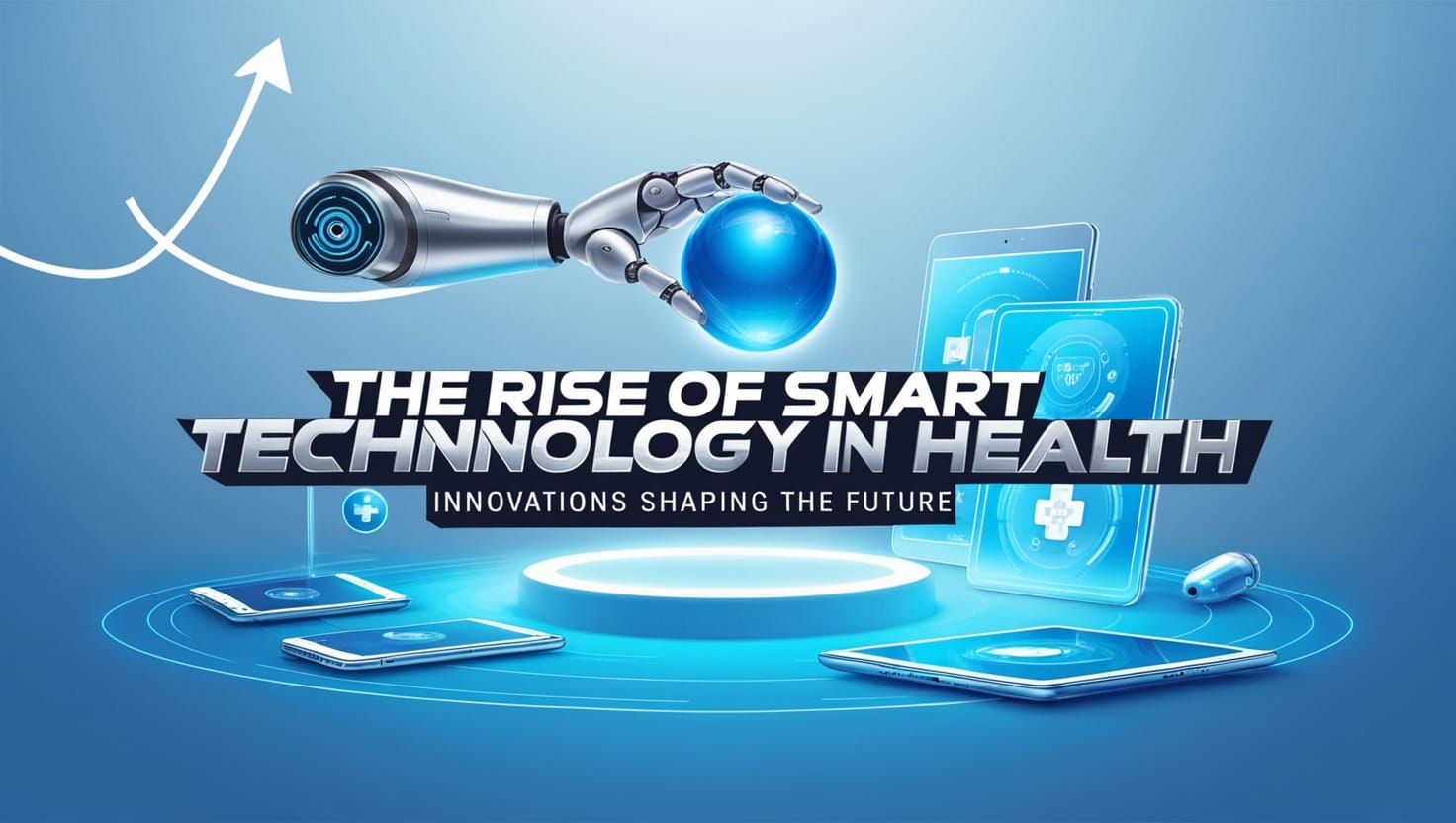
The Rise of Smart Technology in Health: Innovations Shaping the Future-In recent years, the healthcare industry has witnessed a remarkable transformation driven by smart technology. These innovations are not just changing how healthcare is delivered; they are reshaping the entire landscape of health management, from patient care to research and beyond. As we look toward the future, it’s clear that smart technology is set to play a pivotal role in enhancing health outcomes and improving overall well-being. Let’s explore some of the key innovations that are shaping the future of health.
Wearable Health Devices
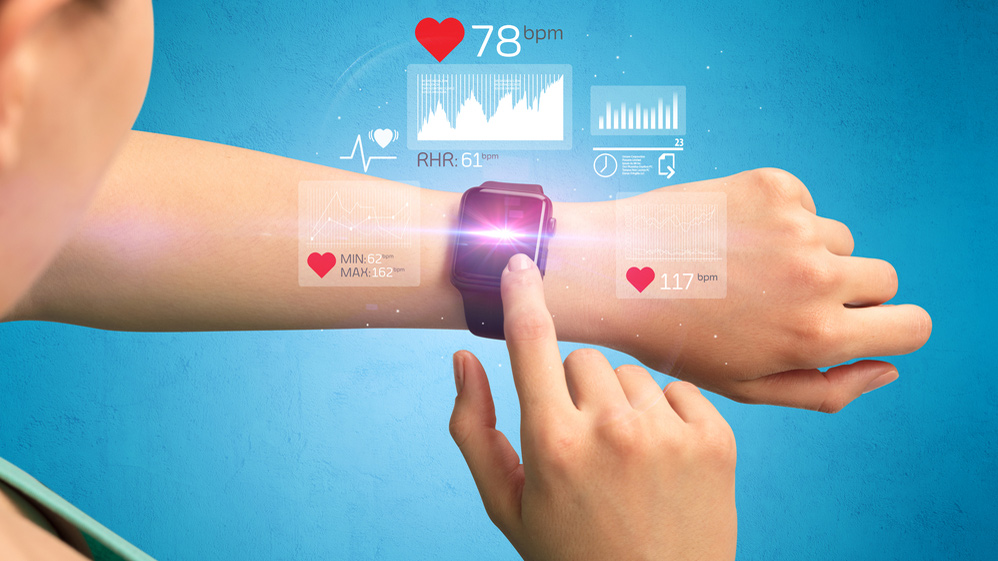
One of the most prominent examples of smart technology in health is the surge in wearable devices. From smartwatches to fitness trackers, these gadgets are empowering individuals to monitor their health in real-time.
Continuous Monitoring
Wearables can track a variety of health metrics, including heart rate, sleep patterns, activity levels, and even blood oxygen saturation. This continuous monitoring allows users to gain valuable insights into their health and fitness, helping them make informed lifestyle choices. For instance, a smart device might alert a user if their heart rate exceeds a certain threshold, prompting them to take action before a potential health issue escalates.
Encouraging Healthy Habits
Moreover, wearables often come with companion apps that offer personalized recommendations based on the data collected. These suggestions might include reminders to stay active, tips for improving sleep quality, or dietary advice. By encouraging healthy habits, wearables are not only promoting individual well-being but also contributing to a broader culture of health consciousness.
Telehealth and Virtual Care
The COVID-19 pandemic accelerated the adoption of telehealth, highlighting the importance of remote healthcare services. In 2024, smart technology continues to enhance telehealth experiences, making healthcare more accessible than ever.
Convenient Access to Care
Patients can consult with healthcare professionals from the comfort of their homes through video calls, messaging, and remote monitoring tools. This convenience is particularly beneficial for those with mobility issues, living in rural areas, or simply seeking a more flexible healthcare option.
Integrated Health Records
Smart technology also plays a crucial role in the integration of health records. Platforms that consolidate patient information from various sources allow healthcare providers to access comprehensive health data quickly. This holistic view not only improves diagnosis and treatment but also fosters better communication between patients and providers. (Read More: Exploring the Impact of the Technology Acceptance Model on Modern Workplace Technologies)
Artificial Intelligence in Diagnostics
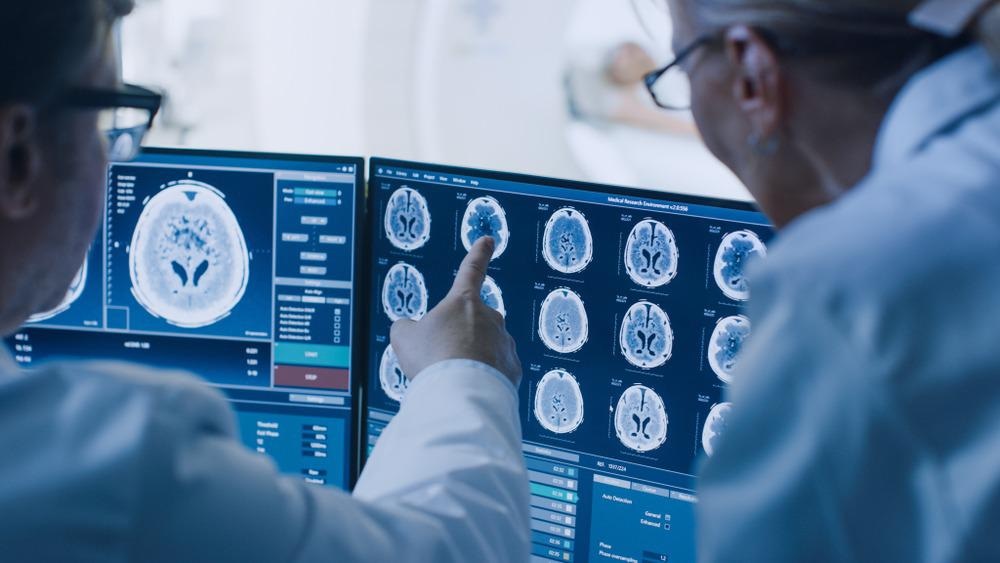
Artificial intelligence (AI) is revolutionizing diagnostics, enabling quicker and more accurate assessments of health conditions. In 2024, AI technologies are being deployed in various ways to enhance patient care.
Advanced Imaging Analysis
AI algorithms are being used to analyze medical images, such as X-rays, MRIs, and CT scans. These systems can detect anomalies with remarkable accuracy, often outperforming human radiologists. By streamlining the diagnostic process, AI can help healthcare professionals make more informed decisions and reduce the time patients wait for results.
Predictive Analytics
Beyond diagnostics, AI is also enhancing predictive analytics in healthcare. By analyzing vast amounts of data, AI systems can identify patterns and trends, helping providers anticipate potential health issues before they arise. For example, predictive models can flag patients at high risk for conditions like diabetes or heart disease, allowing for early intervention and preventative care.
Smart Health Apps
Smart technology has also given rise to an array of health applications that cater to various needs, from fitness and nutrition to mental health and chronic disease management.
Personalized Health Management
Many of these apps leverage AI to provide personalized health management plans. For instance, a nutrition app might analyze a user’s dietary habits and recommend tailored meal plans to achieve specific health goals. Similarly, mental health apps can offer guided meditation, mood tracking, and even virtual therapy sessions, making mental wellness more accessible.
Community and Support
Moreover, health apps often include community features that allow users to connect with others facing similar challenges. This social support can be crucial for maintaining motivation and accountability, particularly in long-term health journeys. (Read More: AI Technology: Development of Autonomous Vehicles and Smart Transportation Systems)
Robotics in Healthcare
Robotics is another area where smart technology is making significant strides. From surgical robots to robotic exoskeletons, these innovations are transforming patient care and rehabilitation.
Enhanced Surgical Precision
Surgical robots enable minimally invasive procedures with increased precision, resulting in less trauma, shorter recovery times, and reduced risk of complications. Surgeons can perform complex operations with greater control and accuracy, leading to improved patient outcomes.
Rehabilitation and Assistance
Robotic exoskeletons are helping patients regain mobility after injuries or surgeries. These devices assist individuals with movement, providing support and guidance as they work through their rehabilitation programs. The integration of robotics in therapy enhances the recovery process and boosts patient morale. (Read More: Adapting to Change: The Role of the Technology Acceptance Model in Digital Transformation)
The Future of Smart Technology in Health
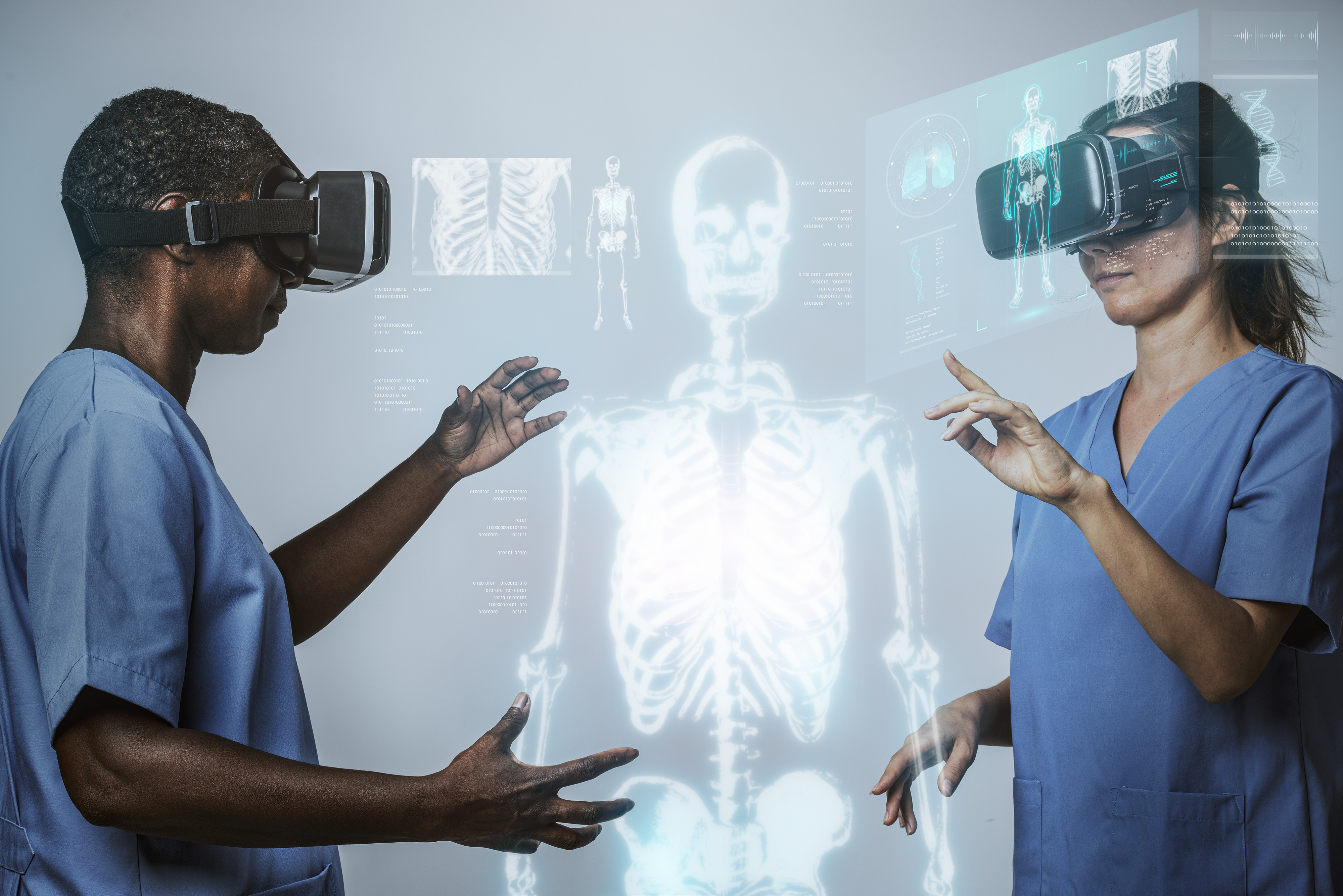
As we look to the future, the possibilities for smart technology in health are virtually limitless. Innovations will continue to emerge, driven by ongoing research and development.
Integration of IoT
The Internet of Things (IoT) will play a significant role in the future of health technology. By connecting devices and systems, healthcare providers can gather real-time data to improve patient care and streamline operations. This connectivity will enable more efficient resource management and enhance decision-making processes.
Focus on Preventative Care
Moreover, there will likely be a stronger emphasis on preventative care. Smart technology will empower individuals to take charge of their health, enabling proactive measures that reduce the risk of chronic diseases. As awareness grows, we may see a cultural shift toward prioritizing wellness and prevention rather than reactive healthcare.
Conclusion article The Rise of Smart Technology in Health: Innovations Shaping the Future
The rise of smart technology in health is undeniably shaping the future of healthcare. From wearable devices and telehealth to AI diagnostics and robotic assistance, these innovations are enhancing patient care, improving outcomes, and fostering a culture of health consciousness. As we embrace these advancements, it’s essential to recognize their potential to transform lives and redefine how we approach health and wellness. Whether you’re a patient, a healthcare provider, or a tech enthusiast, there’s no denying that the future of health is bright—and it’s powered by smart technology!

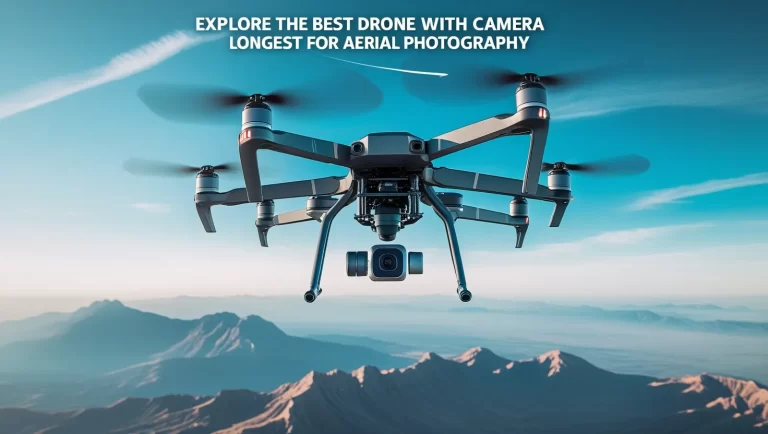
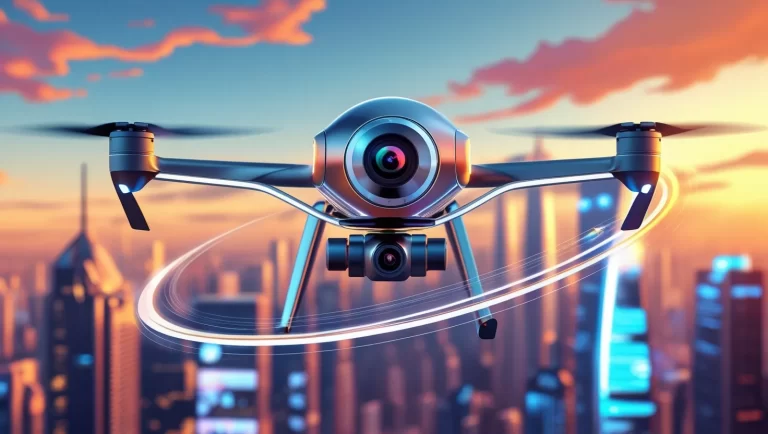
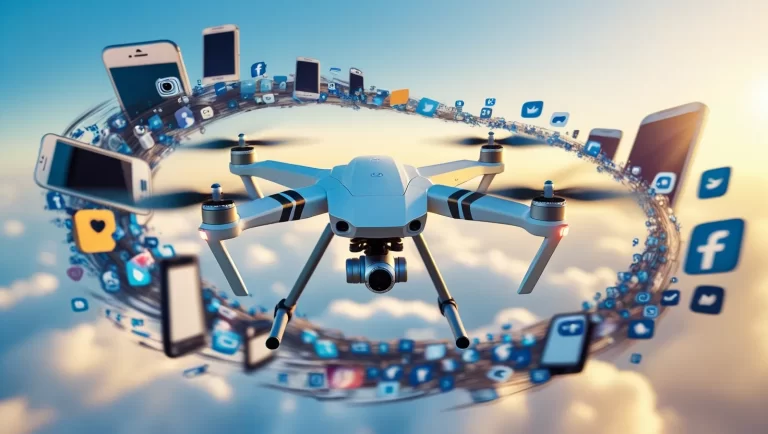


1 thought on “The Rise of Smart Technology in Health: Innovations Shaping the Future”